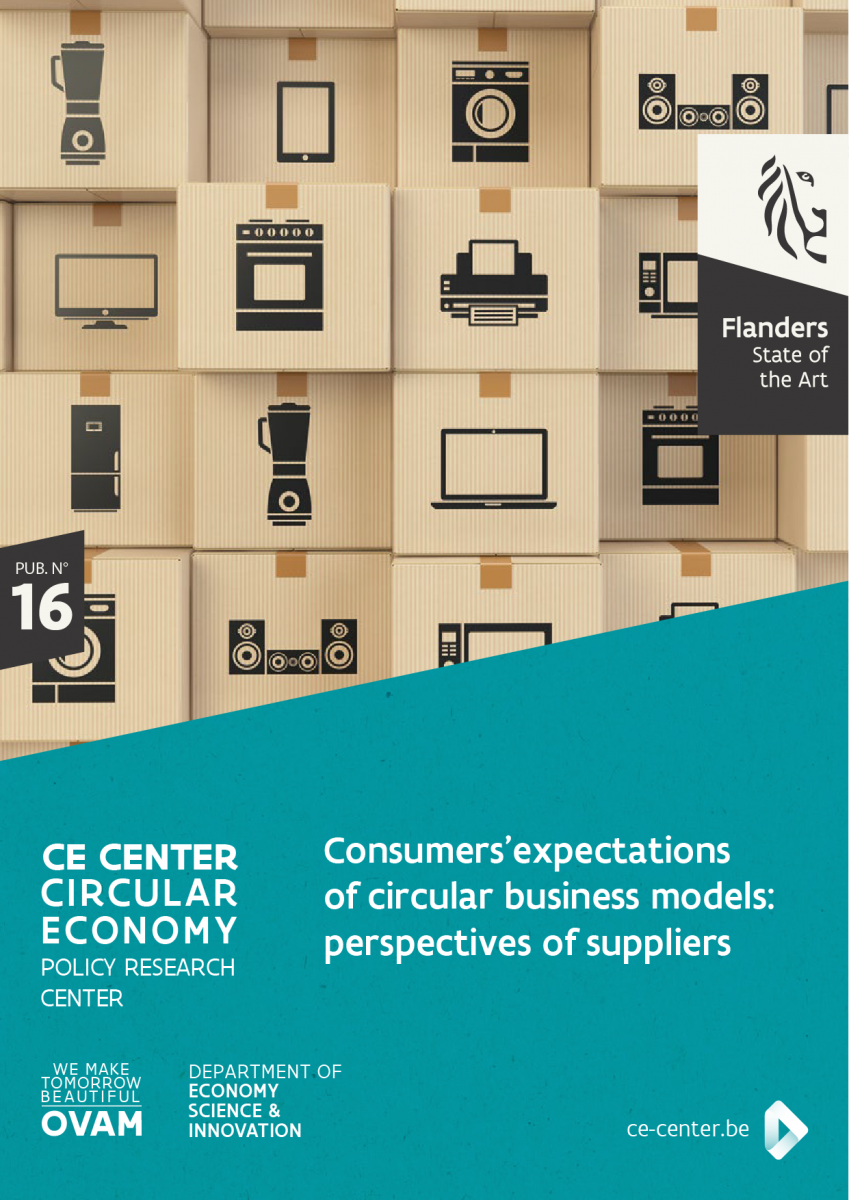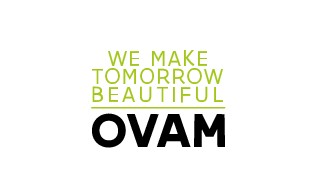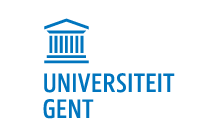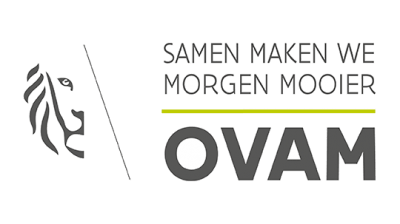16. Consumer expectations circular business models - supplier perspective
 In Flanders its ‘Vision 2050. A long-term strategy for Flanders’, continuing the transition towards the circular economy is one out of seven transition priorities, in which the development of new business models plays a role. Circular business models are situated within the context of the circular economy, which received growing attention over the last decade. A specific type of circular business models is called Product-Service Systems (PSS), which are defined as integrated bundles of products and services that aim at creating customer utility and generating value. However, the widespread implementation of PSS in the business-to-consumer (B2C) context is hampered by consumers who value owning things, going against ‘servitisation’.
In Flanders its ‘Vision 2050. A long-term strategy for Flanders’, continuing the transition towards the circular economy is one out of seven transition priorities, in which the development of new business models plays a role. Circular business models are situated within the context of the circular economy, which received growing attention over the last decade. A specific type of circular business models is called Product-Service Systems (PSS), which are defined as integrated bundles of products and services that aim at creating customer utility and generating value. However, the widespread implementation of PSS in the business-to-consumer (B2C) context is hampered by consumers who value owning things, going against ‘servitisation’.
Therefore, this report builds on a study by Sandra Rousseau and Raïsa Carmen for Flanders’ Circular Economy Policy Research Center, in which a survey addressed different consumer attitudes towards a diverse set of circular business models. Specifically, Rousseau & Carmen identified a host of drivers for and barriers to circular business models in sectors such as coffee, housing, printers and clothes. Yet they concluded that the support of consumers for circular business models is dependent on contextual factors such as the type of business model, product category and consumer characteristics, which is in line with recent research on the context of PSS.
Following up on these findings, this report takes a first step in exploring how suppliers of PSS manage consumers’ drivers and barriers, particularly concentrating on how suppliers navigate tensions between providing PSS within the B2C context and consumers’ drivers for and barriers to the services? Against this backdrop, we interviewed eight suppliers of PSS within the B2C context in the coffee, housing, electrical appliances and clothes sector.
The study identifies three patterns in the strategies of the suppliers. Specifically, the suppliers navigate tensions between business development within the context of established markets and consumers’ expectations of the service, between the context of existing price preferences for products that require high investments and the service, and between the context of established consumer culture and consuming in more sustainable ways. Overall, this confirms that PSS are context-dependent and it emphasises the dynamic relation between producers and consumers in PSS within the B2C context.
Future research priorities include conducting more in-depth empirical research to uncover practical and cultural aspects of B2C PSS, as well as exploring what it takes for PSS to be transformative and how they may influence fundamental sustainability transitions towards a circular economy.
For policymakers, we caution against the straightforward implementation of traditional policy instruments because PSS are highly context-dependent. As such, we recommend linking isolated PSS projects to broader, contextual dynamics of established, unsustainable markets, cultures, preferences and policies. Additionally, depending on the context of specific PSS, market incentives, environmental levies, regulation and subsidies may help to support the PSS analysed in this report.

.png)






